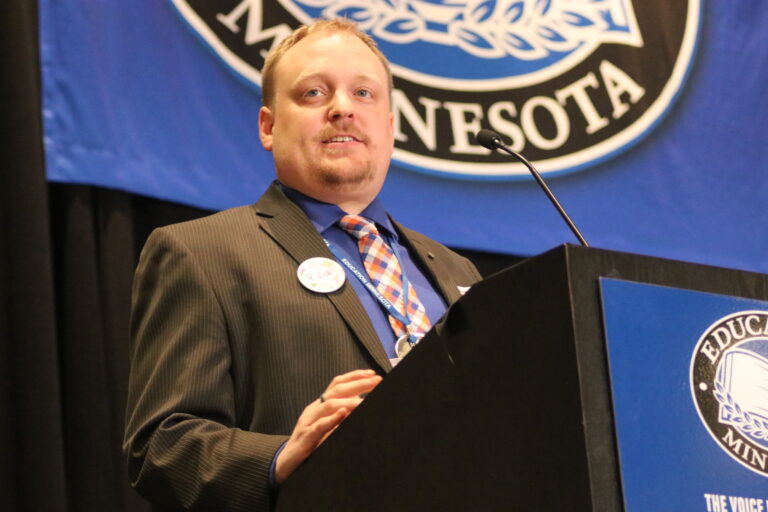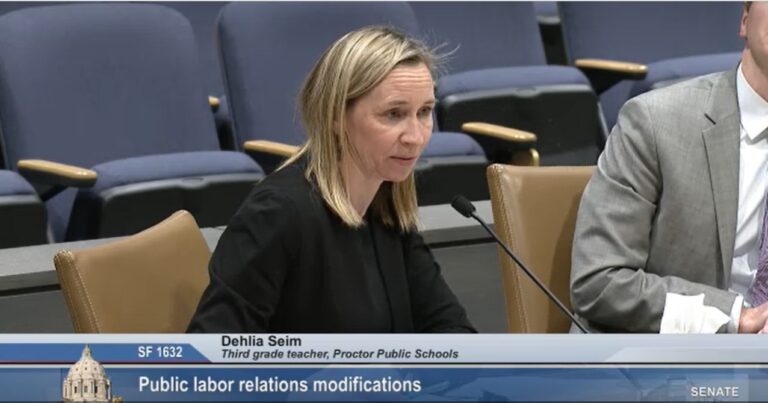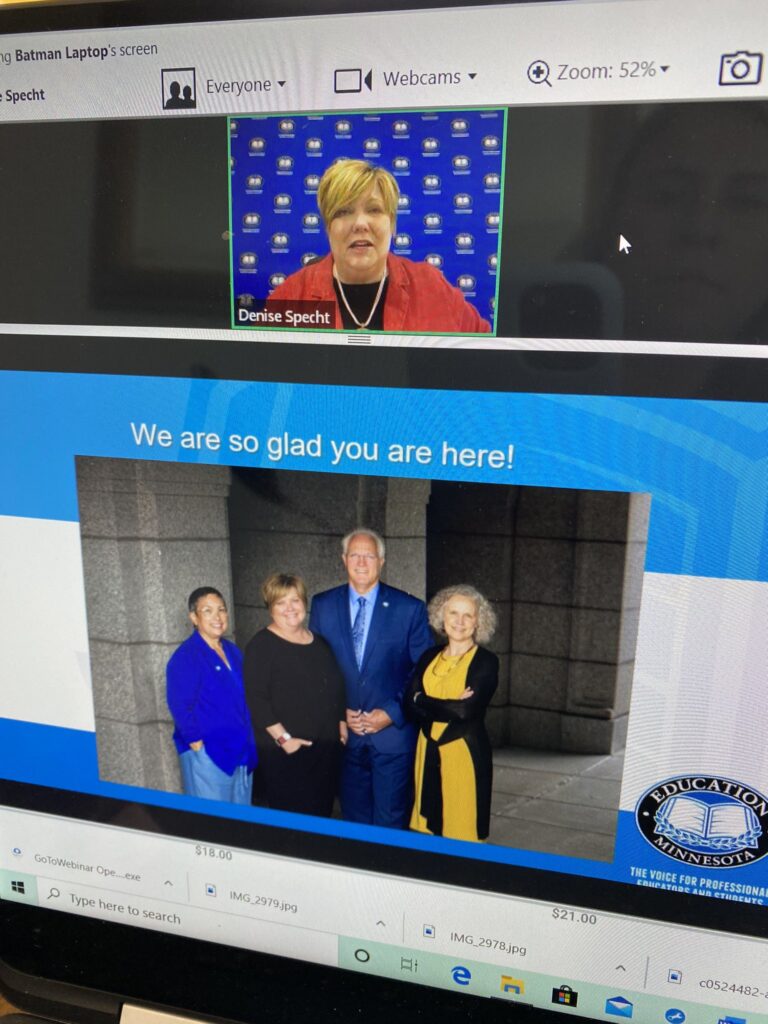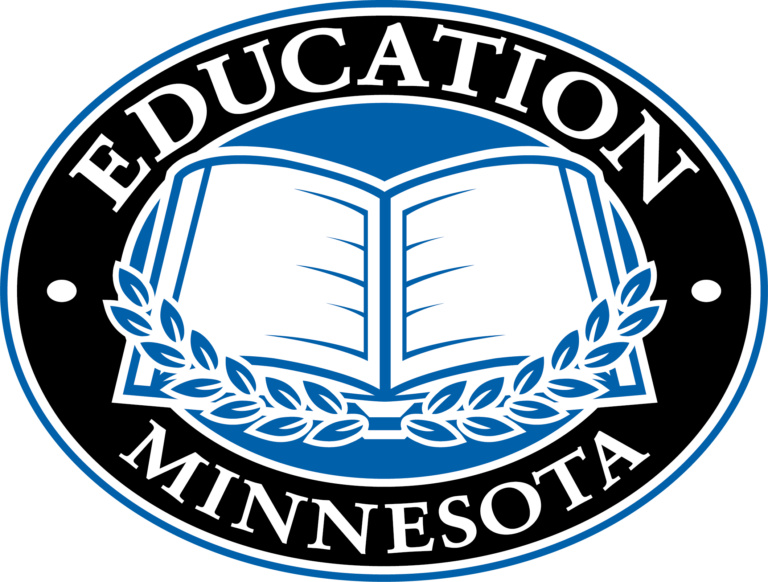As a faculty member at Normandale Community College, Robert Frame knows that sometimes a staffing opening gets filled when department chairs or deans ask other faculty, “Do you know anyone?”
That gave Frame an idea.
Hiring halls have been used in labor unions throughout history to share job openings with union members and create referrals for employers. They began, and are common, in the trade unions.
“There is sometimes a need to find possibilities to hire. The hiring hall is designed to be the union making that step easy,” said Frame, a history instructor who has studied labor unions as part of American history. “Back to its roots, the connection is the employers let their locals know how many positions they need and the union makes that connection with employees.”
Frame is also the chair of Minnesota State College Faculty’s committee on temporary faculty and brought the idea of doing a hiring hall for contingent faculty to his union’s leadership. It was approved at the union’s delegate assembly last spring.
Contingent faculty means staff who are in temporary, adjunct or non-tenure track positions.
“Temporary employment ends up being a long haul for some people. This is an opportunity for our members to find positions to get a more livable level of work,” Frame said.
“Even though MSCF is very unique in that we have one contract for both part-time and full-time faculty, stability of work is still elusive for temporary faculty,” said MSCF President Matt Williams. “Instead of merely conceding this reality, Robert and other members of the committee on temporary faculty found a way to use their union to address a real issue they faced.”
MSCF members who are contingent will now be able to sign up for the hiring hall on the union’s website, www.mscfmn.org/contingent-faculty.
Members will fill in their name, credential field, what they have taught or what they can teach, if they are interested in teaching on a campus or an online course, and where they would be interested in teaching.
MSCF staff compile the list and send it out to campuses twice a year. The union sent out the first list this fall.
“We want to make sure people can get signed up but also get it to deans at the right time,” Frame said.
On his campus, Frame said there is excitement around the idea. Williams agrees.
“Early reactions have been extremely positive, and what I am most excited about is that it has expanded people’s perceptions about what a union can do,” Williams said. “Given the sobering statistics about contingent labor in academia across this country, we know we are not done in this area. Can MSCF be an active, national leader in addressing the issues contingent faculty face? Our success with the hiring hall gives me confidence that we can.”
The hope is that MSCF chapter presidents on each campus will also have a copy of the list and be in communication with the appropriate deans, department chairs and the campus human resources department to answer any questions and make sure they have the information they need.
“A lot of temporary staff I have talked to are happy that it might get them a better idea of their workload in the future,” Frame said.
The committee on temporary faculty is one of MSCF’s newer standing committees. Contingent faculty make up a healthy group of MSCF’s membership, so creating a committee to make sure their needs were addressed was well-received.
“The hiring hall was a tangible project for our committee to work on,” said Frame. “I’m really pleased that it is up and running.”






